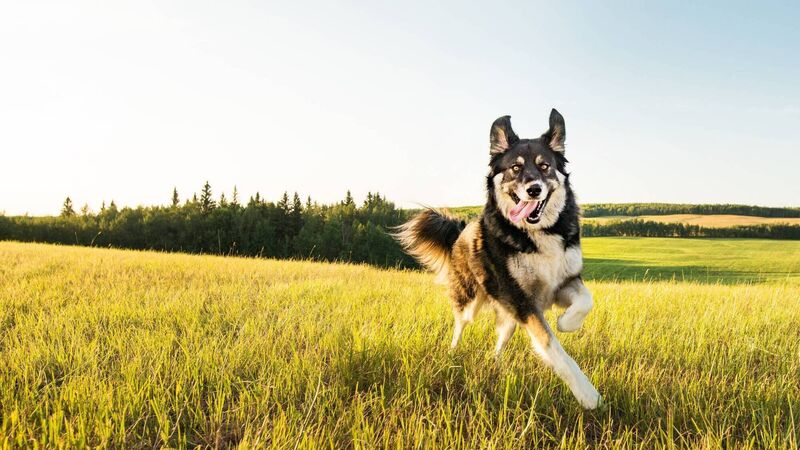New Dog Control Stakeholder Group to consider breed restrictions

The possibility of restricting certain dog breeds is to be considered by the new Dog Control Stakeholder Group.
The possibility of restricting certain dog breeds is to be considered by the new Dog Control Stakeholder Group.
It is in line with actions being taken in Northern Ireland and regions across Britain to strengthen policy and legislation around dog control.











